Everyone knows that you need to spend money to make money as a business. Perhaps you’re looking to renovate your commercial space, buy more inventory, purchase a vehicle or equipment or even simply boost your cash flow.
Whatever the need, business loans can help you do just that. If you’re ready to take the next step and invest in your business, get started with a free, no-obligation quote through Savvy and let the experts handle the rest!
Why compare business loans with Savvy?
You can speak with one of our specialist commercial brokers who can walk you through a range of loans to best suit your companies needs.
You can compare business loan offers, through a range of trusted lenders, maximising your chances of a great rate.
You can fill out our simple online form to generate a free business finance quote within minutes. You can also come back to it at any time.
Business lenders you can compare


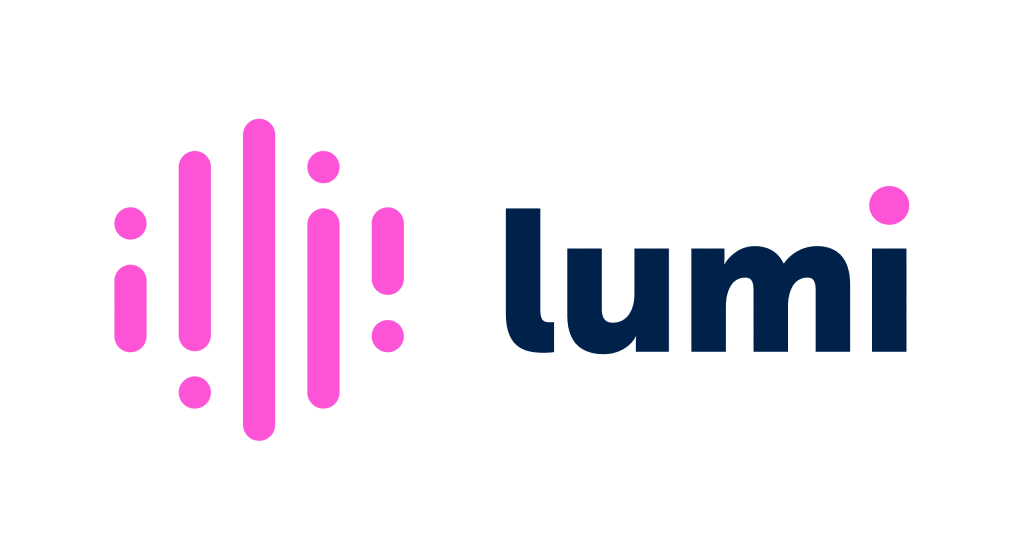

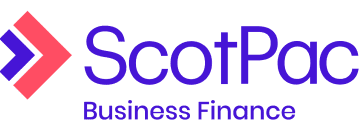


How do business loans work?
Business loans are designed to help business owners cover a wide range of expenses. There are several types of business finance, with each option working slightly differently. However, they can either be unsecured (no asset collateral) or secured (asset collateral attached). This collateral can be commercial property, assets or your home.
Depending on the loan type, you can borrow as little as $5,000 up to well over $1 million (with borrowing power usually tied to revenue generation). You’ll repay your loan debt with interest and fees for a set term of a few months to five or more years until it’s paid off.
In terms of what your business loan can be used for, your options are also highly flexible. Here are just a few of the potential ways you can use your loan funds:
- Increasing your available cashflow
- Hiring new staff
- Renovating or improving your business premises
- Buying inventory
- Purchasing an asset, such as a vehicle, equipment or even commercial property
- Cover bills
Types of business loans in Australia
Unsecured business loans
The most common and widely available type of business finance in Australia, unsecured loans are available for up to $250,000 to $300,000. You can take up to three years (or sometimes five) to repay your loan, but loans on the shorter side can come with terms as short as a couple of months.
Secured business loans
With a valuable business asset or property backing your loan, your borrowing power can extend into the millions of dollars. Securing your loan with an asset can also score you a lower interest rate and fees, as well as extend your repayment term up to 30 years in some cases.
Small business loans
Although this isn’t a specific product in itself, loans are available to small businesses for as little as $5,000. You can choose whether to secure your loan (if you have an eligible asset) and set your preferred repayment period.
Business lines of credit
An alternative to the standard business loan, lines of credit work in a similar way to credit cards. You’re approved for a set limit and can withdraw funds at any time up to that limit. There also aren’t any set repayments, but they may come with a maximum repayment period. Interest and fees are generally higher for these loans.
Business overdrafts
Like lines of credit, business overdrafts allow you to access funds up to an approved limit at any time and more or less repay them at your own speed. However, the difference here is that overdrafts are attached to business bank accounts. These allow you to withdraw beyond a $0 balance.
Invoice financing
Invoice financing can be one of two things. Invoice discounting involves receiving an advance on your outstanding invoices from a financier (up to 80 to 85%) and the remainder minus fees once the invoice is paid. Invoice factoring requires you to sell your outstanding invoices to a third party and receive up to 90% to 95% of their value.
Chattel mortgage
A chattel mortgage is a type of secured loan designed to help you purchase a commercial vehicle or equipment. The asset you buy acts as security for the loan. These can range from one to seven years in length with no set upper limit on your borrowing (up to what you can afford).
What our customers say about their finance experience
What our customers are saying
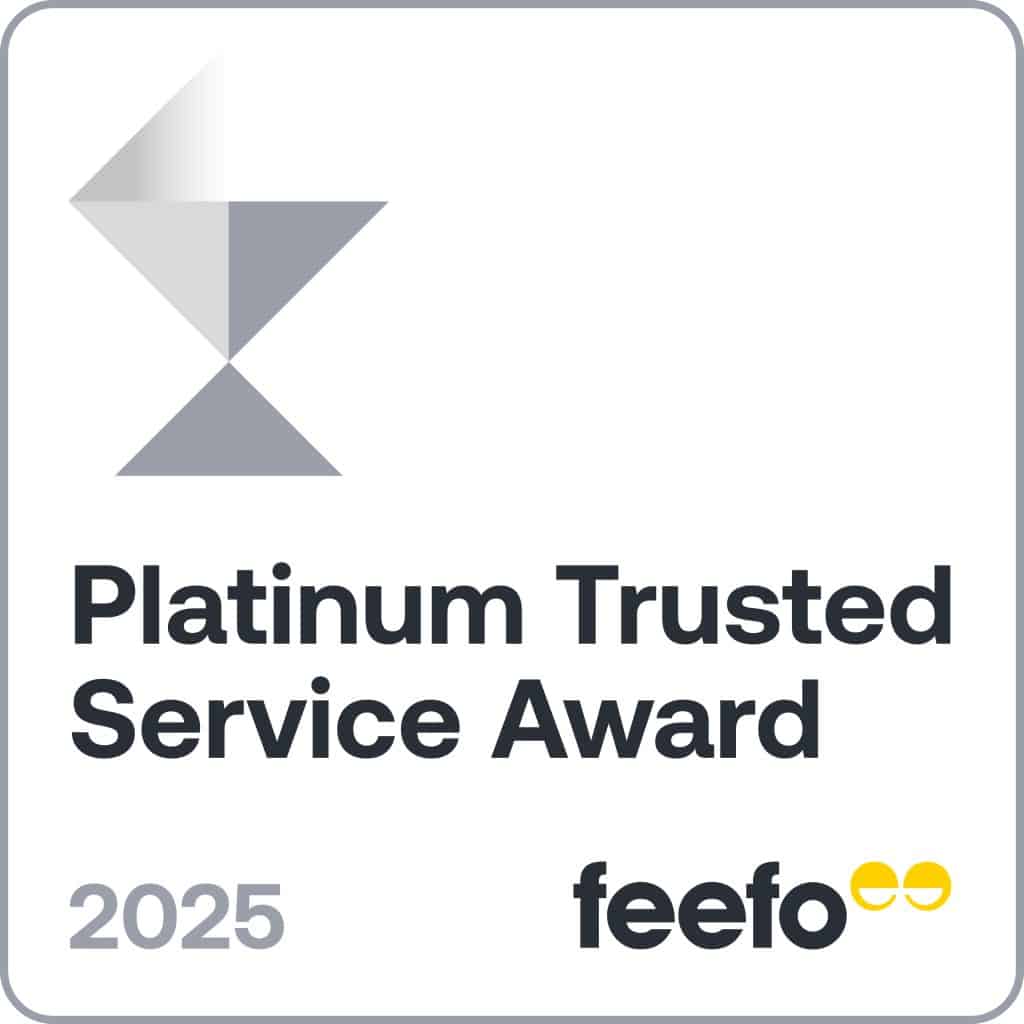
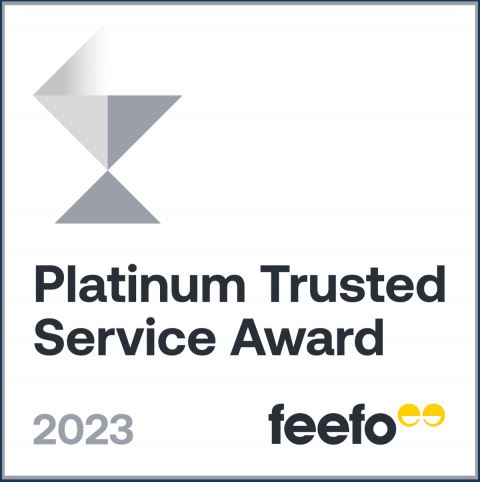
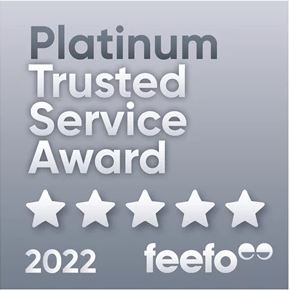
Savvy is rated 4.9 for customer satisfaction by 94 customers.
How much will my business be able to borrow?
As you can see from the types listed above, different loans come with different borrowing ranges. However, each business is unique when it comes to its individual borrowing power. The key factors that can impact yours include:
- Your business’ revenue and expenses: the higher your business’ turnover, the more it’ll likely be able to borrow.
- Your business’ assets: owning property in particular can boost your business’ borrowing power significantly.
- Your business’ liabilities: of course, any outstanding debts or loans will eat into your available funds.
- Your business’ credit history: a strong track record of managing debts and similar loans in the past will help boost the amount you’re able to borrow.
- The value of your collateral (if secured): your collateral will need to be valuable enough to cover your loan, so this will also play a role in setting your business’ borrowing power.
You’ll be able to speak with one of our experienced consultants to find out how much your business can borrow through one of our trusted lending partners.
How to apply for a business loan with Savvy
-
Tell us about yourself and what you want to buy
First of all, fill out our simple online application form. This will tell us details like what you want to buy, how much you need and your business’ structure, revenue and trading time.
-
Send through any required documentation
We may require further information in some cases to verify parts of your application. If this is the case, we’ll ask you to submit additional documents via our online portal.
-
Discuss your next steps with a Savvy consultant
Once we get all the info we need, we’ll get to work comparing options from our lender panel. A member of our consultant team will give you a call to talk about your options.
-
Have your application submitted for formal approval
After you give us the all-clear, we’ll get to work preparing your application to submit to your lender. This can be formally approved as soon as within 24 hours.
-
Sign your contract and settle the deal
Once you receive approval, you’ll be sent all the required contracts and forms you’ll need to sign, which can be done electronically. We’ll handle settlement and the asset can be yours before you know it!
Business loan eligibility and documentation
Age
You must be at least 18 years of age
Residency
You must be an Australian citizen or permanent resident (or, in some cases, an eligible visa holder)
ABN registration
Have an ABN registered in your name (available from as soon as one day after registration)
Usage
Meet business usage requirements (at least 51% of any asset you buy, for example)
Credit score
You must meet your lender’s minimum personal and business credit score requirements
Commercial asset
If you're buying an asset with a secured loan, it must meet your lender’s requirements in relation to its type, age and condition
Personal information
Such as your full name, date of birth, address and contact details
Driver's licence
Front and back (or another form of government-issued ID)
Assets and liabilities
Information about your business’ assets and liabilities, as well as those in your name
Asset details
If buying an asset, information such as its model and age, is worthwhile having on hand
Business statements
Business Activity Statements (BAS) and business bank statements may be requested, but not always
Business loan FAQs
The interest and fee portion of your business loan repayments can be claimed as a tax deduction. However, these can only be claimed up to the business portion of your loan or asset’s usage. For example, if you have a chattel mortgage for a car that you use for personal purposes 20% of the time, you can only claim up to 80% of the interest and fees.
Equity financing involves effectively selling a portion of your business’ ownership in return for a cash investment. There are pros and cons to this type of finance. This investment doesn’t require you to make any repayments to the investor, who may also be in a position to offer their expertise. However, you’ll need to carefully consider whether you want to give away some of your ownership, which includes decision-making power and revenue.
There’s a range of factors that can have a say in the interest rate you’re offered on your business loan. These include:
- Your industry
- The nature of your business and its trading history
- Your business’ revenue and expenses
- Your business’ assets and liabilities
- Your business’ credit history
- Your personal credit history
- Whether your loan is secured or unsecured
- Whether you’re personally asset-backed
Here are a few situations where one loan option might work better than another:
- If you’re just starting out or haven’t borrowed before, a small, short-term business loan may be the only option available to you
- If you need a larger lump sum now and want to spread your repayments out over a longer term, a secured or unsecured business loan could be best for you
- If you want access to smaller amounts when you need them, rather than a lump sum, you’ll probably be looking at a line of credit or overdraft
- Chattel mortgages are almost always the most suitable option for purchasing an asset (unless it doesn’t meet your lender’s requirements)
Yes – we work with lenders who can offer loans to small startup businesses. As long as you meet their criteria, you can be approved for a loan. It’s worth noting that you’re unlikely to be approved for large, long-term loans as a startup. Lenders will want to see that you can manage your repayments before granting a large sum. This may mean taking out a few smaller loans and repaying them without issue before taking out a larger one.
A low doc loan is (as the name suggests) a type of business loan with fewer documentation requirements during the application process. These loans are generally required when dealing with businesses without solid financials, such as startups or small home businesses.
However, if you’re a property owner with an ABN that’s 12 or more months old, you generally won’t be required to provide much documentation for a chattel mortgage.
- Interest and transaction expenses to buy items for work – Australian Taxation Office

